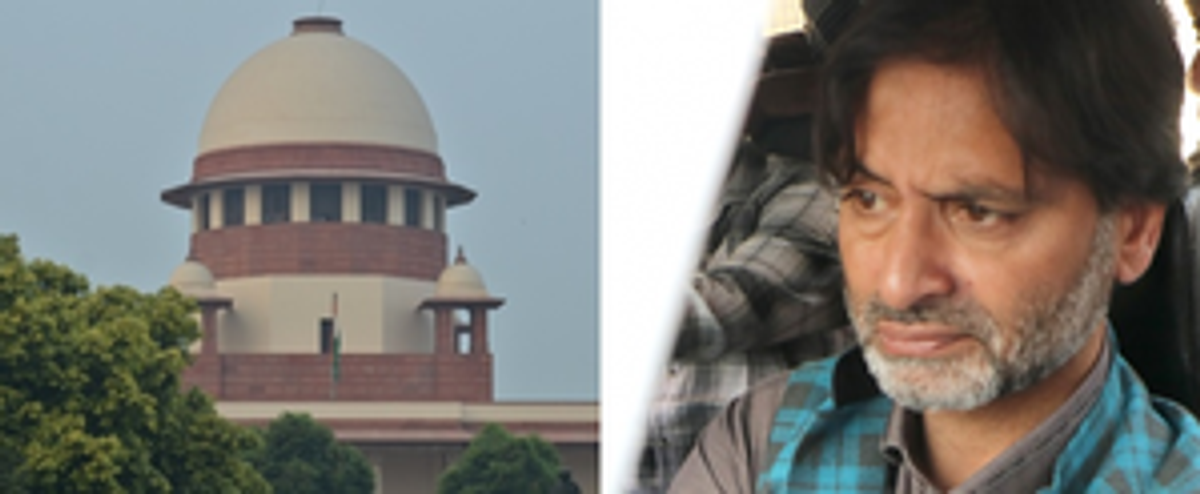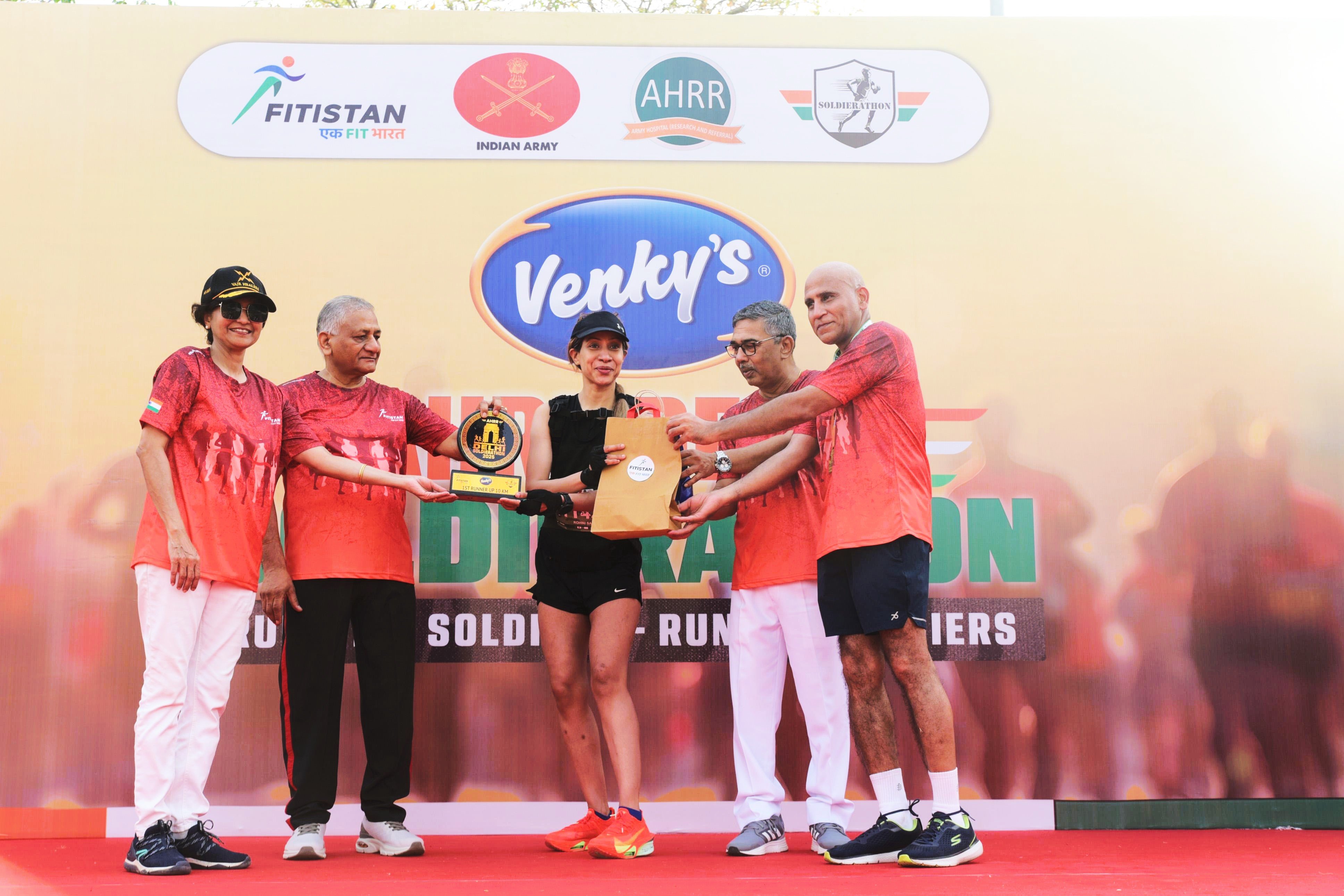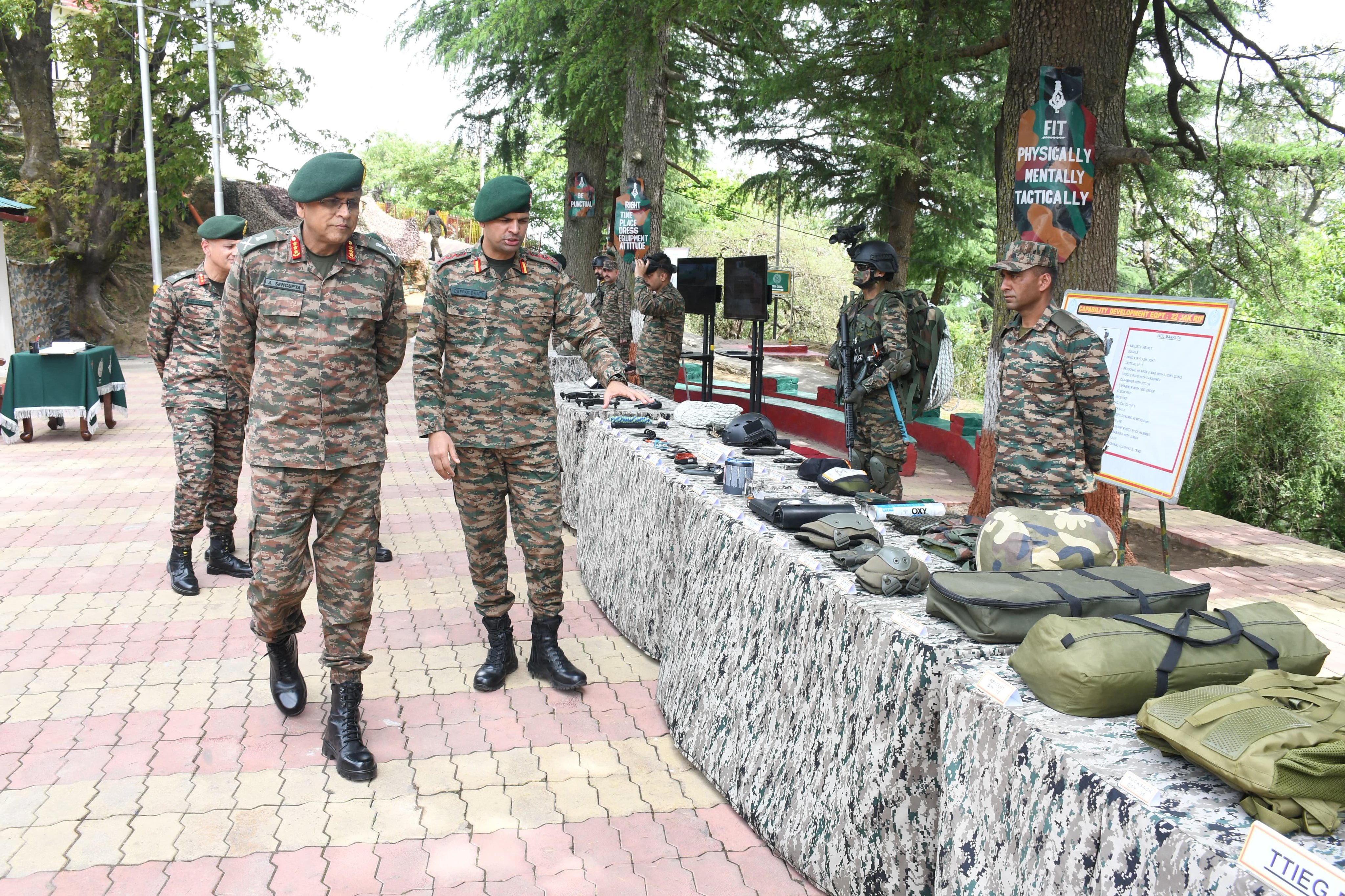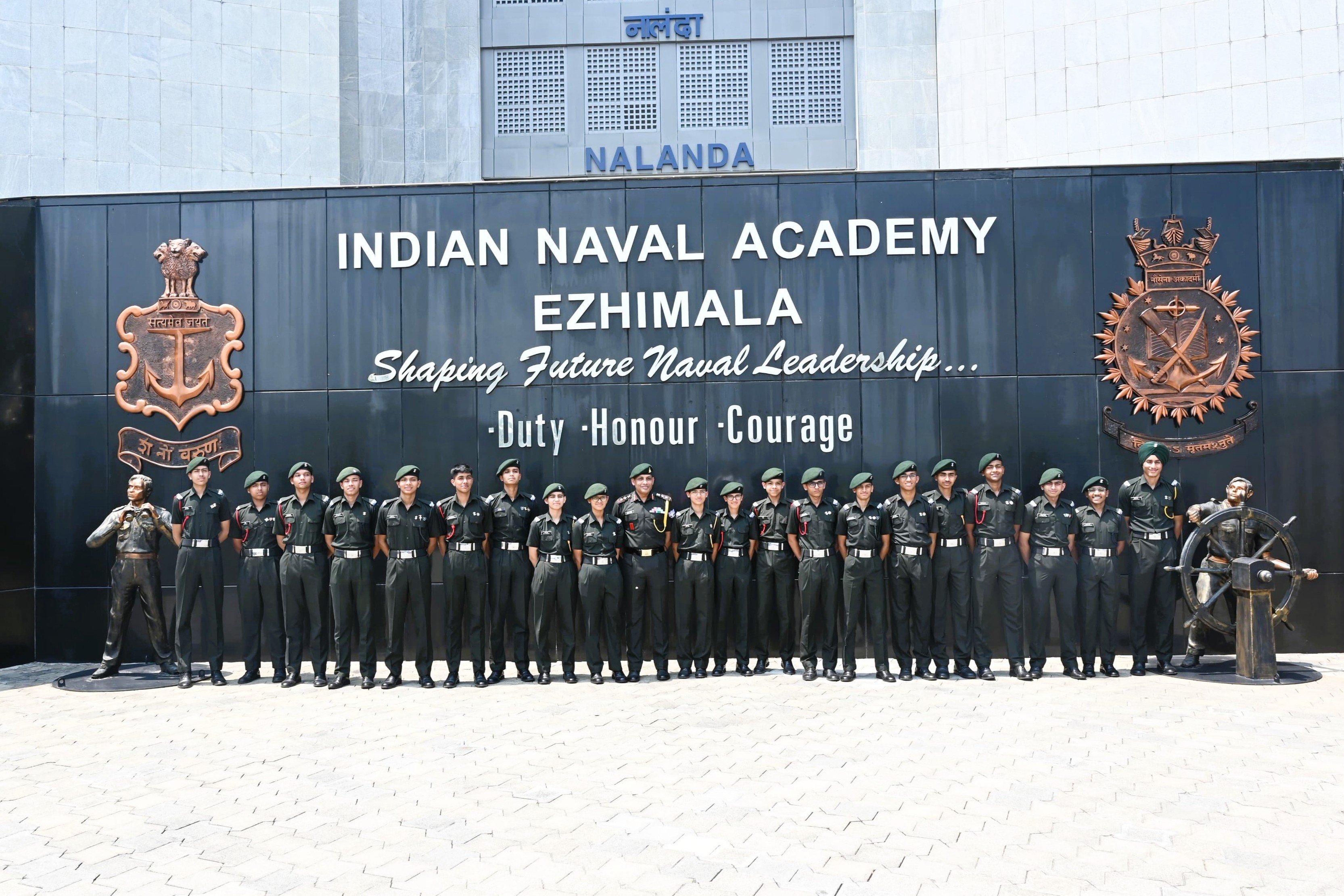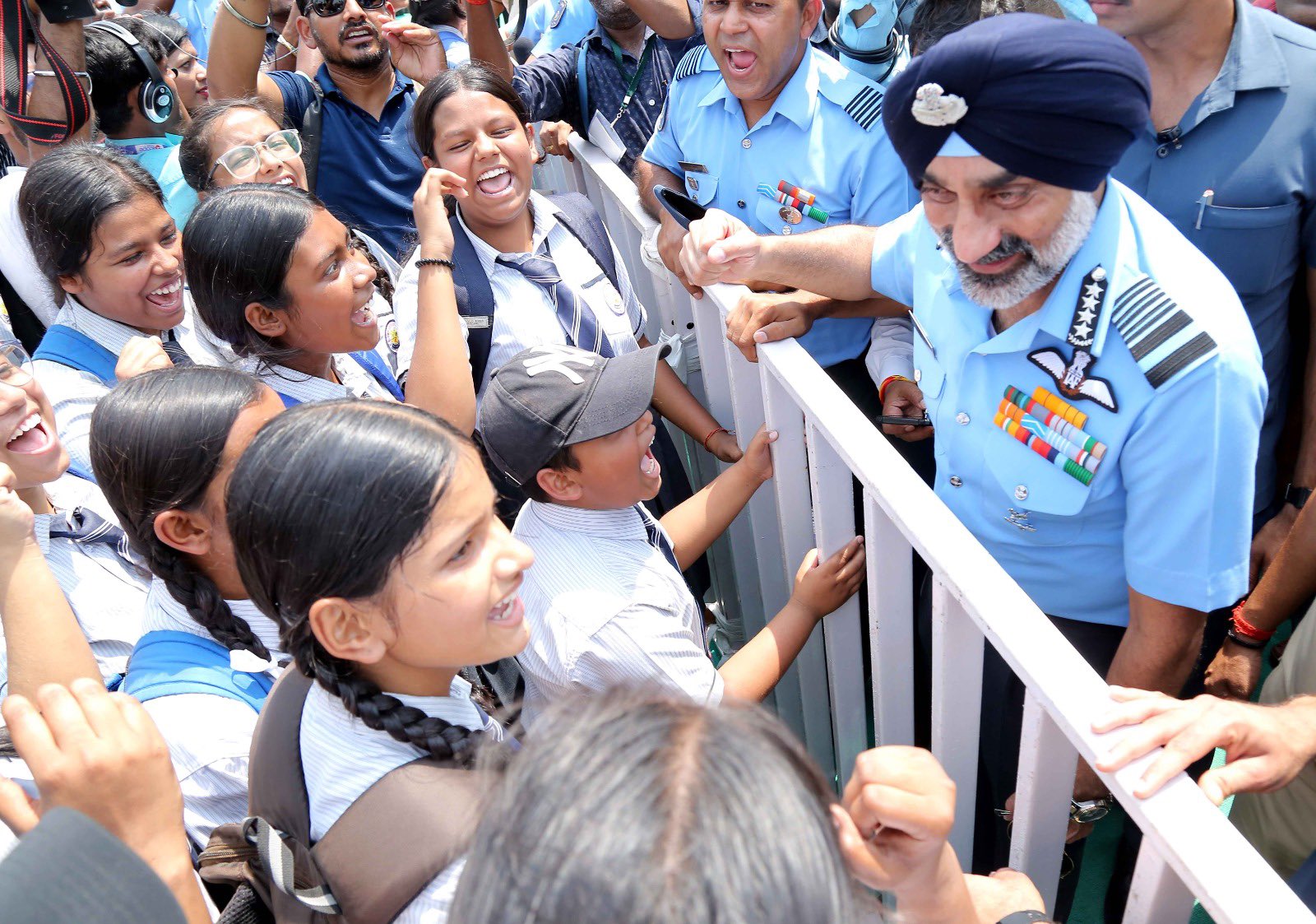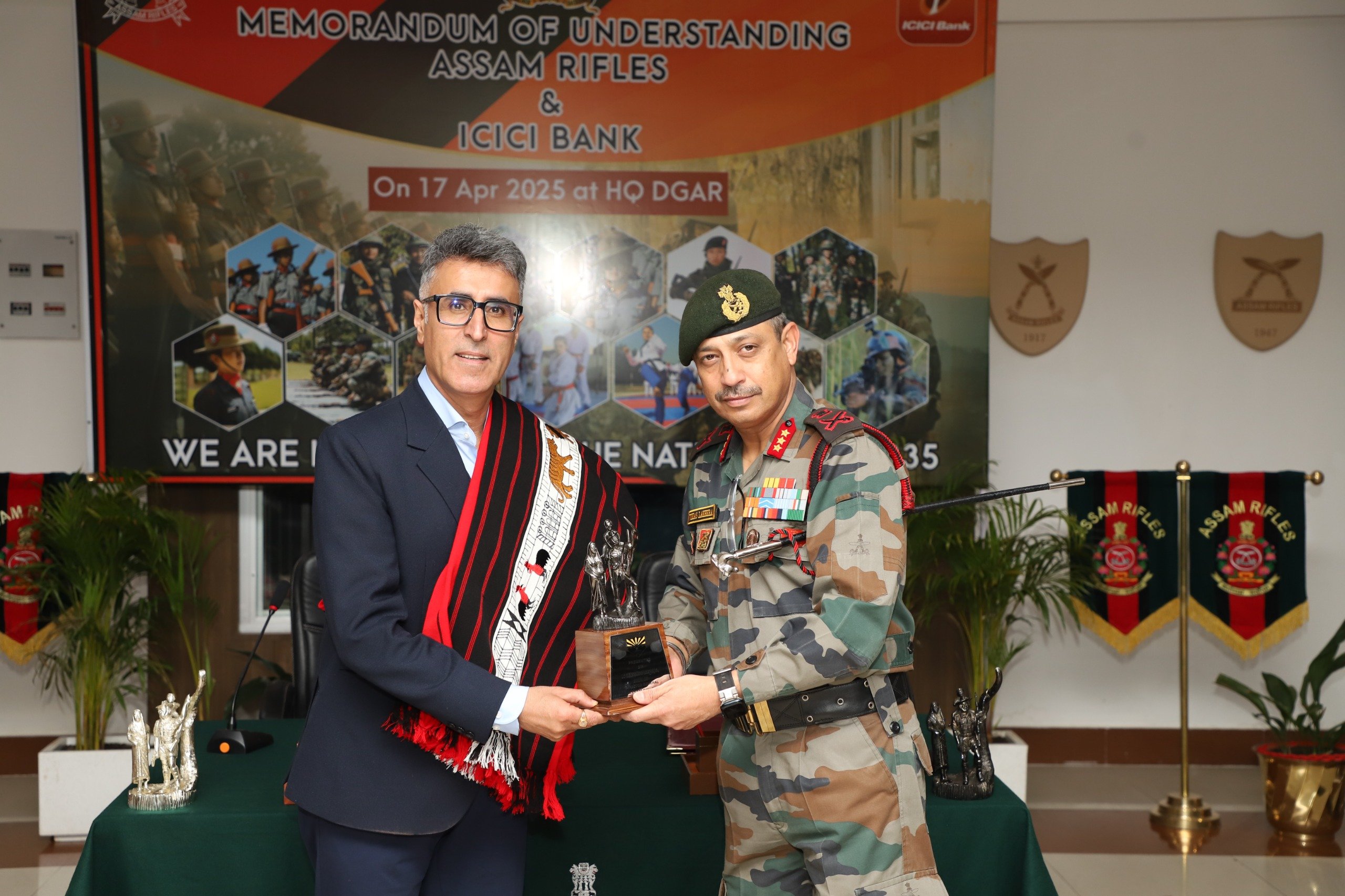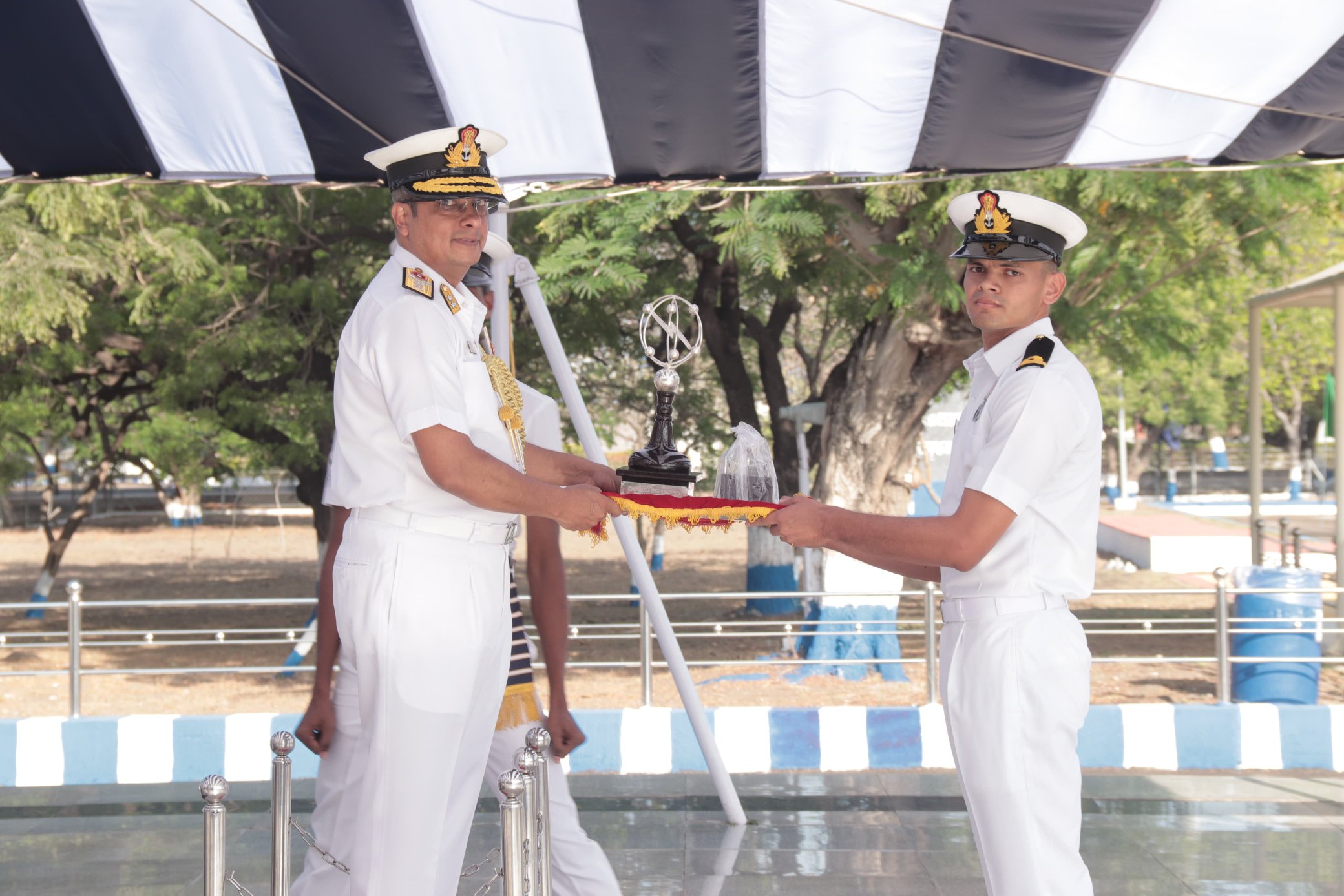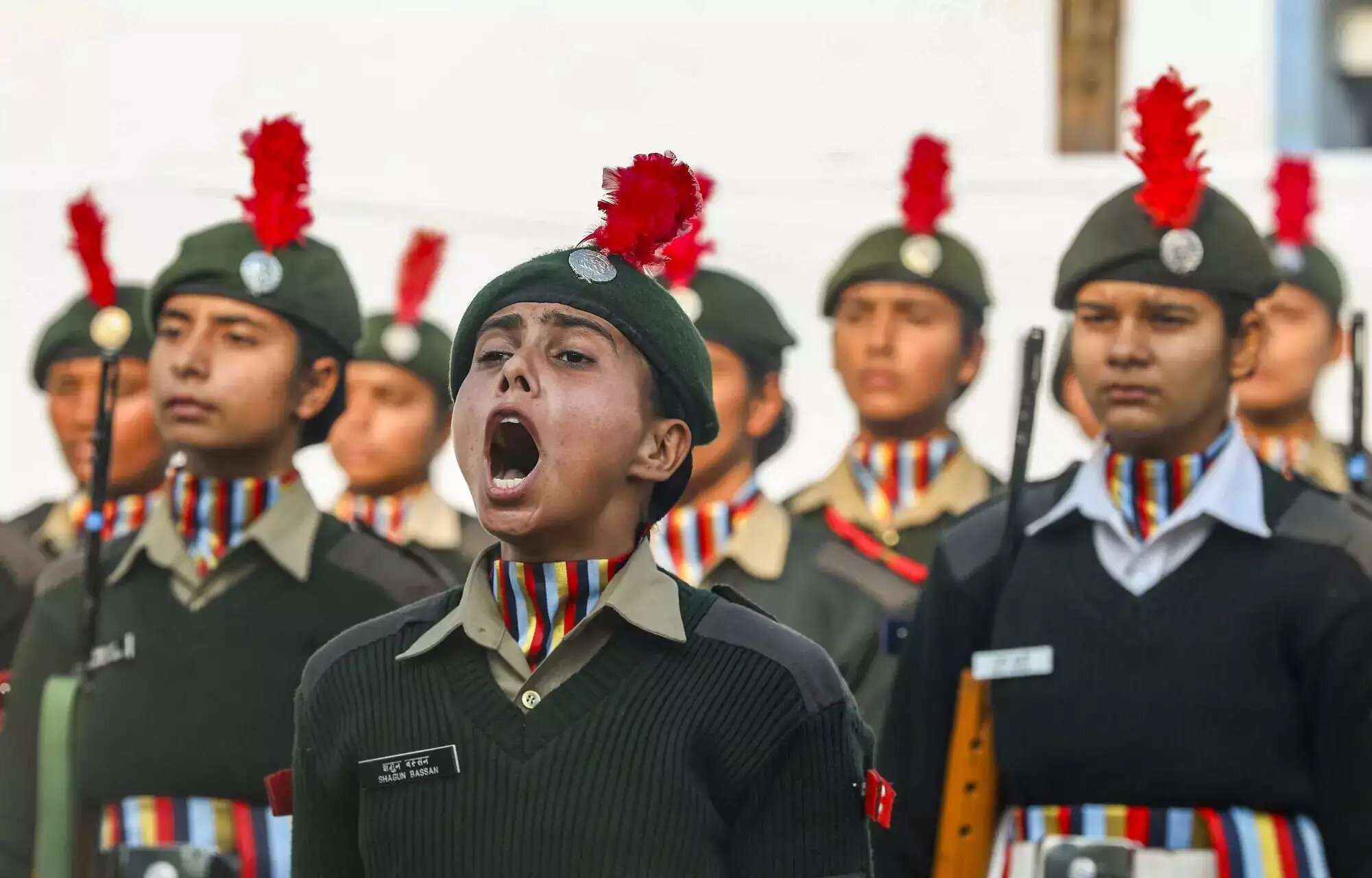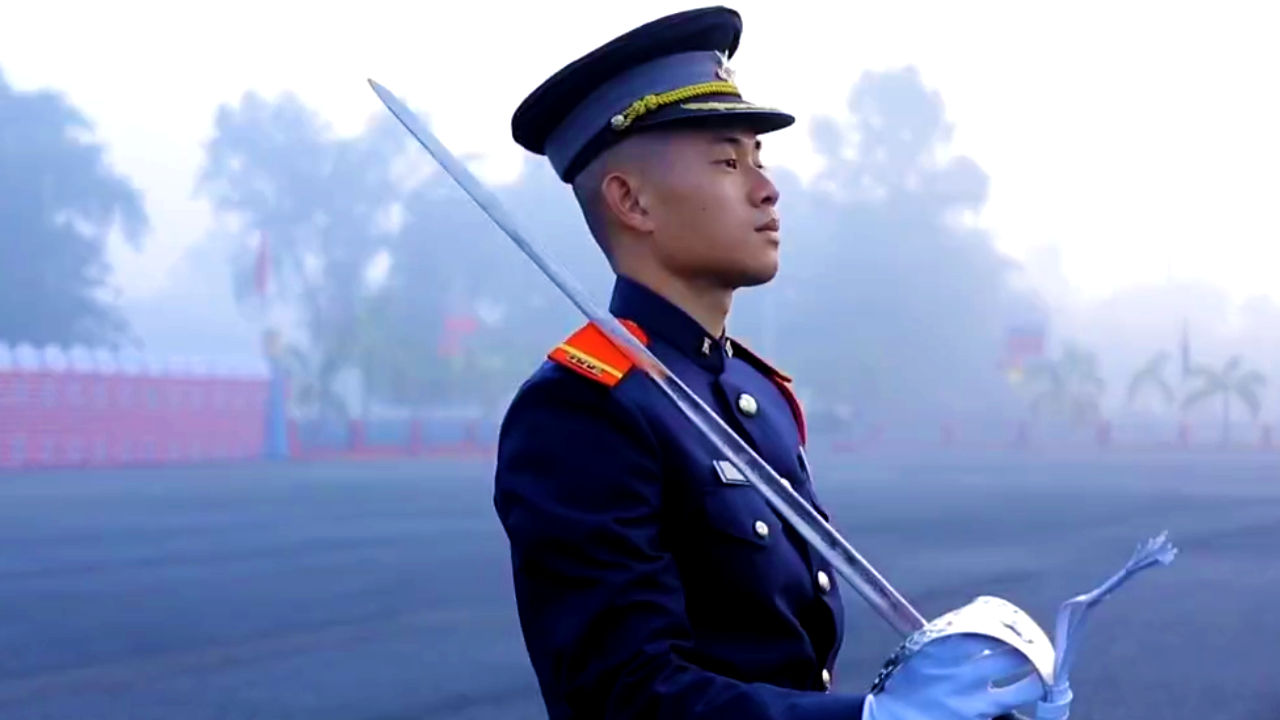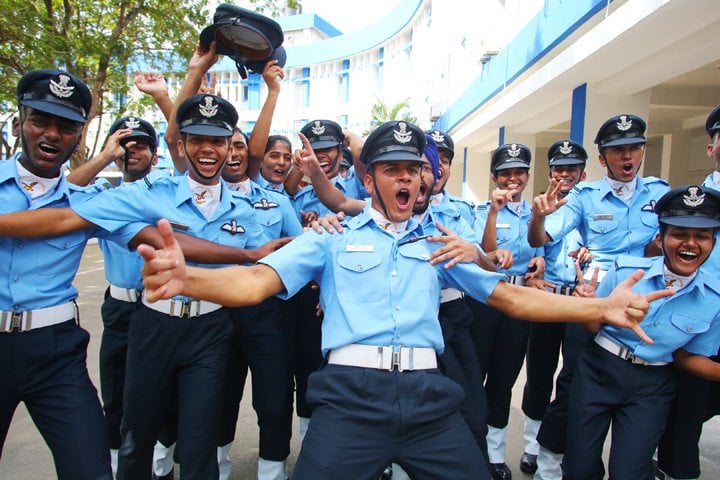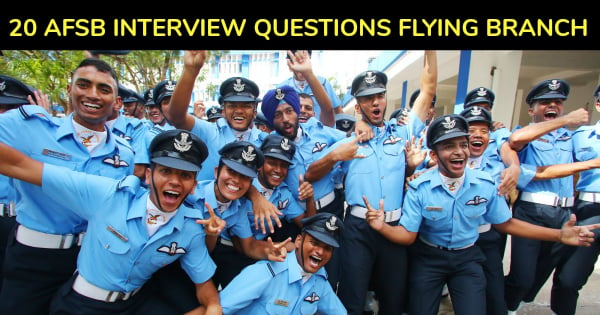The Supreme Court of India recently emphasized the right to a fair trial for Kashmiri separatist leader Yasin Malik, who is implicated in the killing of Indian Air Force (IAF) officers in Srinagar in 1990. During the proceedings, which involved an appeal filed by the Central Bureau of Investigation (CBI), the bench comprising Justice Abhay S. Oka and Justice Augustine George Masih underlined that every accused, even those designated as terrorists, deserves due legal process. The court specifically referenced the fair trial afforded to Ajmal Kasab, a notorious terrorist involved in the 2008 Mumbai attacks, reinforcing the principle of justice regardless of the gravity of the allegations.
The current hearing revolved around a previous order from a Jammu trial court, which mandated the physical production of Malik for the ongoing proceedings. Solicitor General Tushar Mehta, representing the CBI, argued against this order, citing serious security concerns—not only for Malik but also for the witnesses connected to the 1989 incident that resulted in the deaths of four IAF personnel. Mehta claimed Malik was employing tactics to obstruct the legal process by indicating a desire to personally cross-examine witnesses without legal representation.
To bolster his argument, Mehta presented evidence showing Malik’s connections with Hafiz Mohammad Saeed, the founder of the terrorist organization Lashkar-e-Taiba (LeT). The Solicitor General remarked, “He is not an ordinary criminal. He is just not another terrorist. He travelled to Pakistan many times to meet Hafiz Saeed,” underscoring the implications of Malik’s actions. He urged the court to consider the safety of witnesses seriously, noting the assassination of at least one individual connected to the case.
In response, Justice Oka acknowledged the need to ensure that all accused individuals have the opportunity to present their case before a verdict is reached. The court proposed alternative measures, such as conducting the trial through virtual means, allowing Malik to participate without necessitating his physical presence in Jammu.
As the court adjourned the hearing until the following Thursday, it authorized the CBI to amend its petition. The continued proceedings follow Malik’s previous conviction in May 2022 when he was sentenced to life imprisonment after pleading guilty to charges of waging war against the state, conspiracy, and terror financing. The NIA subsequently appealed to the Delhi High Court, seeking the death penalty for Malik related to his primary role in the tragic events that unfolded in Srinagar on January 25, 1990.

